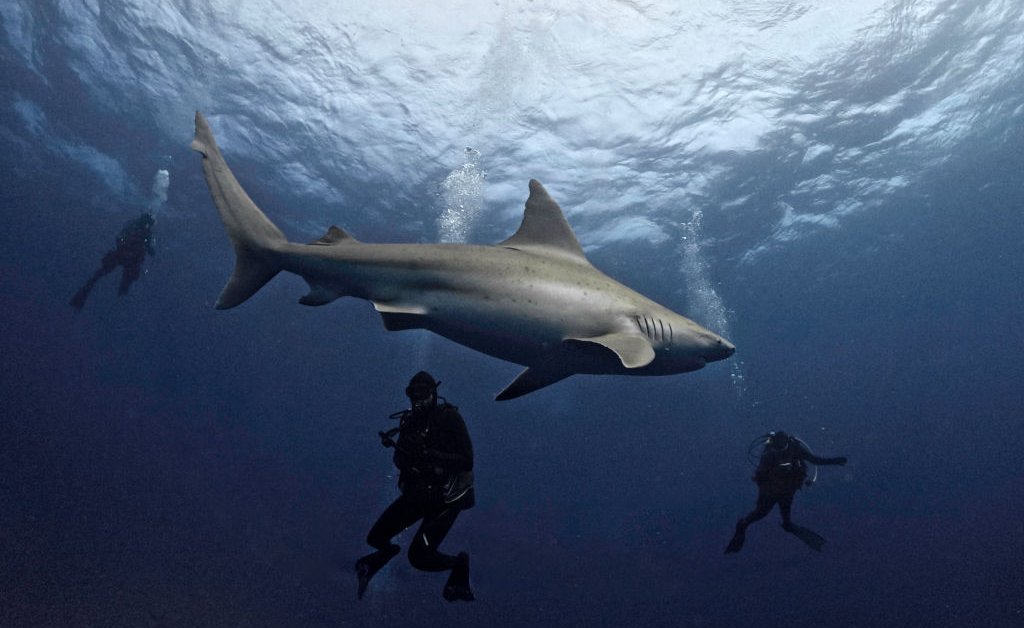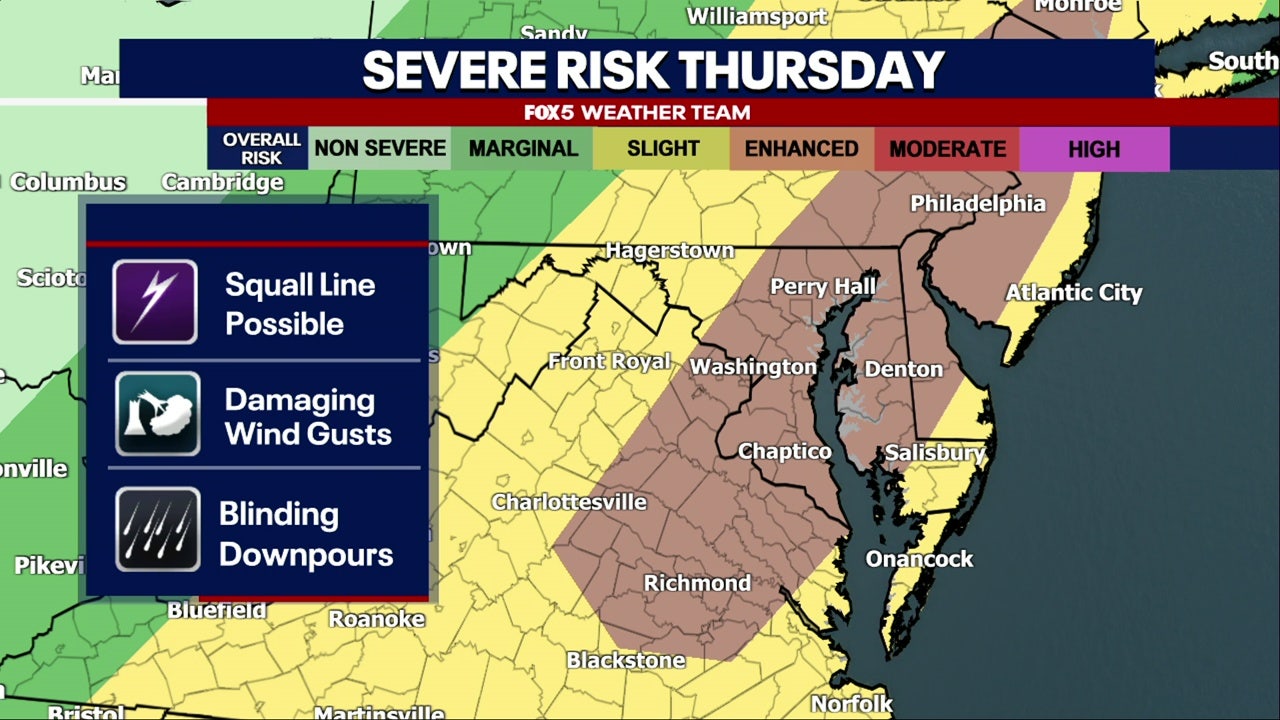From Hollywood To Conservation: How Jaws Shaped Attitudes Towards Marine Life

Welcome to your ultimate source for breaking news, trending updates, and in-depth stories from around the world. Whether it's politics, technology, entertainment, sports, or lifestyle, we bring you real-time updates that keep you informed and ahead of the curve.
Our team works tirelessly to ensure you never miss a moment. From the latest developments in global events to the most talked-about topics on social media, our news platform is designed to deliver accurate and timely information, all in one place.
Stay in the know and join thousands of readers who trust us for reliable, up-to-date content. Explore our expertly curated articles and dive deeper into the stories that matter to you. Visit Best Website now and be part of the conversation. Don't miss out on the headlines that shape our world!
Table of Contents
From Hollywood to Conservation: How Jaws Shaped Attitudes Towards Marine Life
The summer of 1975 saw a cinematic behemoth emerge from the depths, leaving audiences terrified and forever altering our perception of the ocean's most formidable predator: Jaws. While the film cemented the great white shark's status as a terrifying symbol, its impact extended far beyond box office success. Surprisingly, Jaws played a significant, albeit complex, role in shaping modern attitudes towards marine life conservation.
A Cultural Phenomenon and its Unexpected Legacy
Steven Spielberg's masterpiece wasn't just a blockbuster; it was a cultural phenomenon. The iconic score, the suspenseful narrative, and the sheer visceral fear it instilled captivated audiences worldwide. Suddenly, the great white shark, previously a relatively unknown creature to the general public, became a household name – and a symbol of primal fear. This widespread recognition, however, inadvertently sparked a wave of consequences, both positive and negative, for shark conservation.
The Negative Impacts: Fear and Misunderstanding
The immediate aftermath of Jaws' release saw a surge in shark killings. Fueled by fear and misunderstanding, many people saw sharks as mindless killing machines, a perception reinforced by the film's portrayal. Beach closures skyrocketed, and targeted shark hunts increased, decimating populations already vulnerable to overfishing. This reactive fear, driven by the movie's dramatic depiction, significantly harmed shark populations and highlighted a critical need for accurate scientific understanding.
The Unexpected Turn: A Catalyst for Conservation
Paradoxically, Jaws' immense popularity also ignited a crucial shift in public awareness. The film's success forced a conversation about the ocean and its inhabitants, prompting increased scientific research into shark behavior and ecology. This led to a gradual, albeit slower than desired, increase in understanding and a growing appreciation for the vital role sharks play in maintaining healthy marine ecosystems. Organizations dedicated to shark conservation, like the Pew Charitable Trusts, gained more public attention and support, directly or indirectly influenced by the heightened interest in marine life spurred by Jaws.
From Fear to Fascination: A Changing Perspective
Over the decades, attitudes towards sharks have gradually evolved. While the initial fear remains, a growing appreciation for their ecological importance and inherent beauty has taken hold. Documentaries like the BBC's Blue Planet II have showcased the majesty and complexity of sharks, counteracting the simplistic and fear-mongering portrayal of Jaws. This shift reflects a broader change in societal understanding of wildlife, moving away from fear-based narratives towards a more nuanced and empathetic perspective.
The Lasting Impact: Education and Conservation Efforts
Today, the legacy of Jaws is multifaceted. While the film initially contributed to harmful actions against sharks, its lasting impact has been instrumental in raising awareness and driving conservation efforts. The increased funding for research and the heightened public interest have contributed significantly to our understanding of these magnificent creatures.
Moving Forward: A Call to Action
The story of Jaws serves as a powerful reminder of the profound influence media can have on public perception and subsequent actions. It highlights the importance of responsible storytelling and the crucial need for accurate, science-based information to inform public opinion and drive effective conservation strategies. We must continue to educate and advocate for the protection of sharks and the preservation of our oceans' fragile ecosystems. Learn more about shark conservation and get involved at [link to a reputable marine conservation organization].
Keywords: Jaws, shark conservation, marine conservation, great white shark, Steven Spielberg, ocean conservation, shark attacks, environmental awareness, wildlife conservation, marine life, film impact, cultural impact, Blue Planet II, Pew Charitable Trusts.

Thank you for visiting our website, your trusted source for the latest updates and in-depth coverage on From Hollywood To Conservation: How Jaws Shaped Attitudes Towards Marine Life. We're committed to keeping you informed with timely and accurate information to meet your curiosity and needs.
If you have any questions, suggestions, or feedback, we'd love to hear from you. Your insights are valuable to us and help us improve to serve you better. Feel free to reach out through our contact page.
Don't forget to bookmark our website and check back regularly for the latest headlines and trending topics. See you next time, and thank you for being part of our growing community!
Featured Posts
-
 Are The Yankees In A Rut Three Game Scoring Drought Prompts Analysis
Jun 20, 2025
Are The Yankees In A Rut Three Game Scoring Drought Prompts Analysis
Jun 20, 2025 -
 La Rapper Targeted 19 Arrested In Mexican Mafia Hit Contract Case
Jun 20, 2025
La Rapper Targeted 19 Arrested In Mexican Mafia Hit Contract Case
Jun 20, 2025 -
 The Numbers Dont Lie How The Yankees Cold Snap Affects Aaron Judges Mvp Race And Postseason Prospects
Jun 20, 2025
The Numbers Dont Lie How The Yankees Cold Snap Affects Aaron Judges Mvp Race And Postseason Prospects
Jun 20, 2025 -
 Collaboration Confirmed Kesha Slayyyter And Rose Gray Hit The Road
Jun 20, 2025
Collaboration Confirmed Kesha Slayyyter And Rose Gray Hit The Road
Jun 20, 2025 -
 Thursdays Severe Storms Dc Region Faces Potential Tornadoes
Jun 20, 2025
Thursdays Severe Storms Dc Region Faces Potential Tornadoes
Jun 20, 2025
